
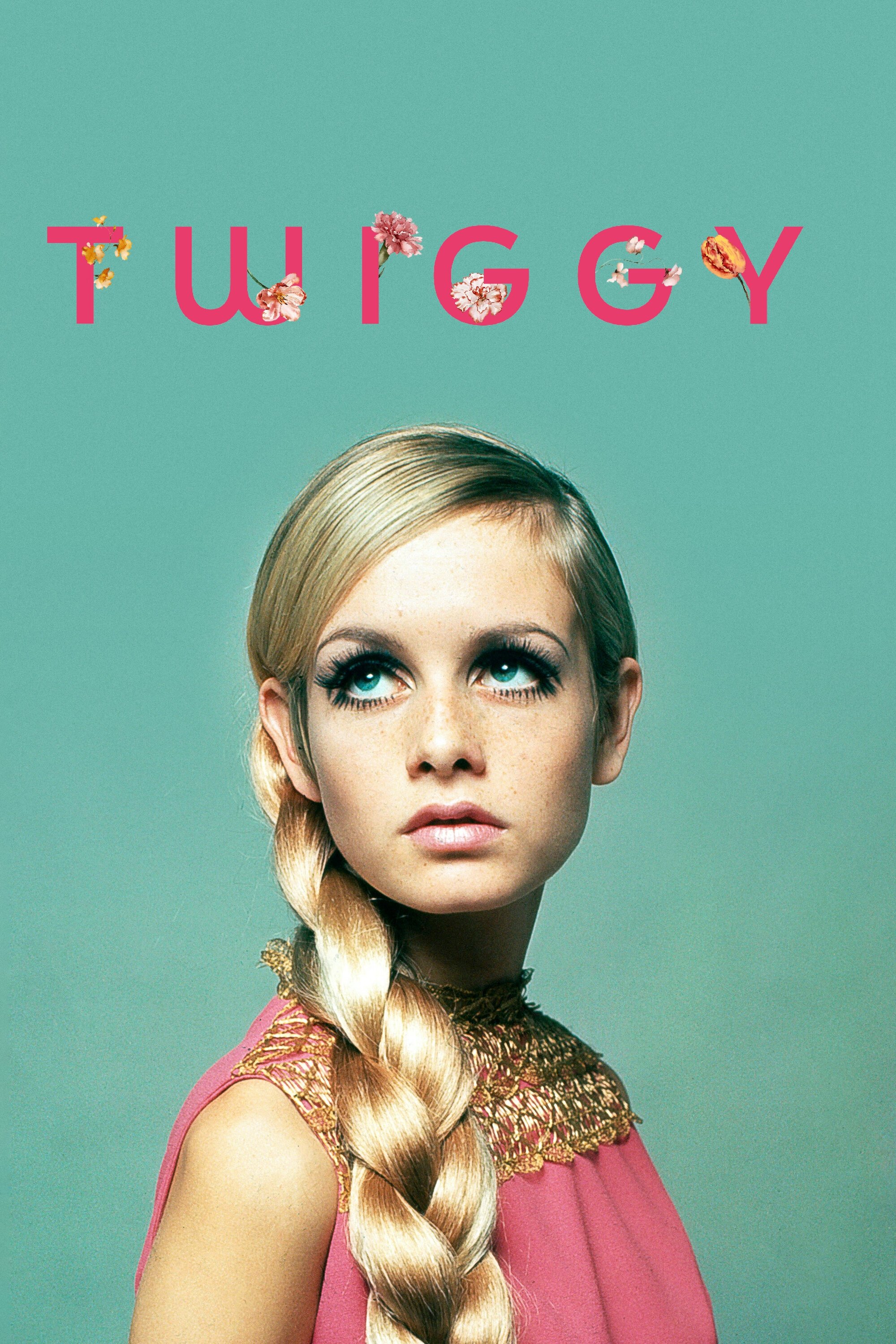
Twiggy takes a comprehensive look at the life story of UK model and cultural icon Twiggy, real name Lesley Lawson, whose career kickstarted in the 1960s. It features interviews with Twiggy and her husband Leigh Lawson, as well as commentary from Erin O’Connor, Paul McCartney, Lulu, Poppy Delavigne, Brooke Shields, Pattie Boyd and Zandra Rhodes.
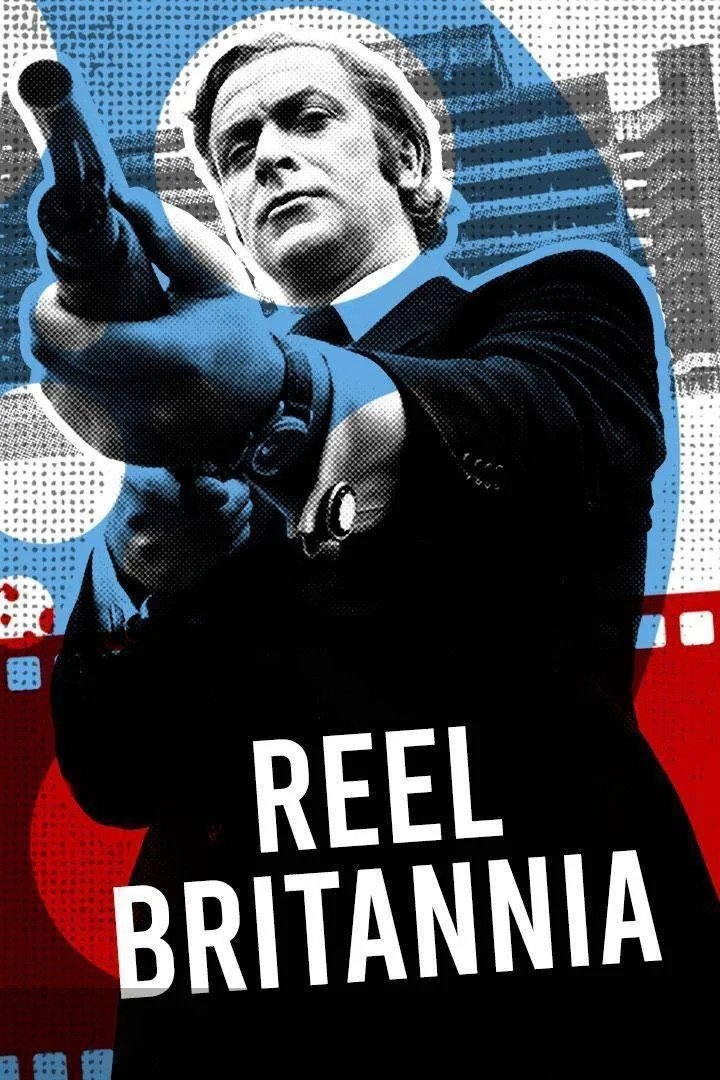
Comedian Nick Helm narrates this bold new documentary series exploring the dramatic history of British cinema. Discover how cinema held a mirror up to society from 1960 through to the 00s.
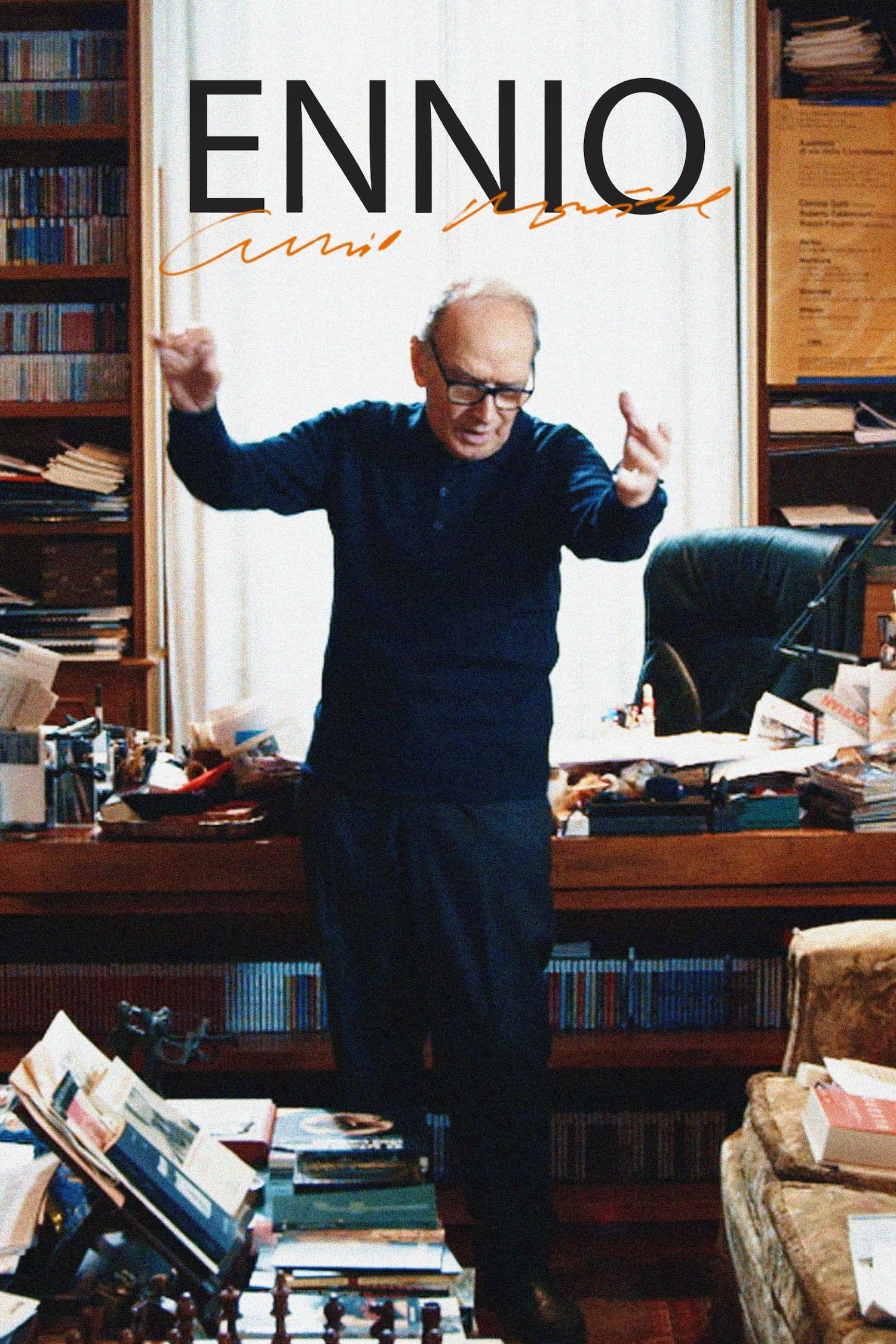
A portrait of Ennio Morricone, the most popular and prolific film composer of the 20th century, the one most loved by the international public, a two-time Oscar winner and the author of over five hundred unforgettable scores.
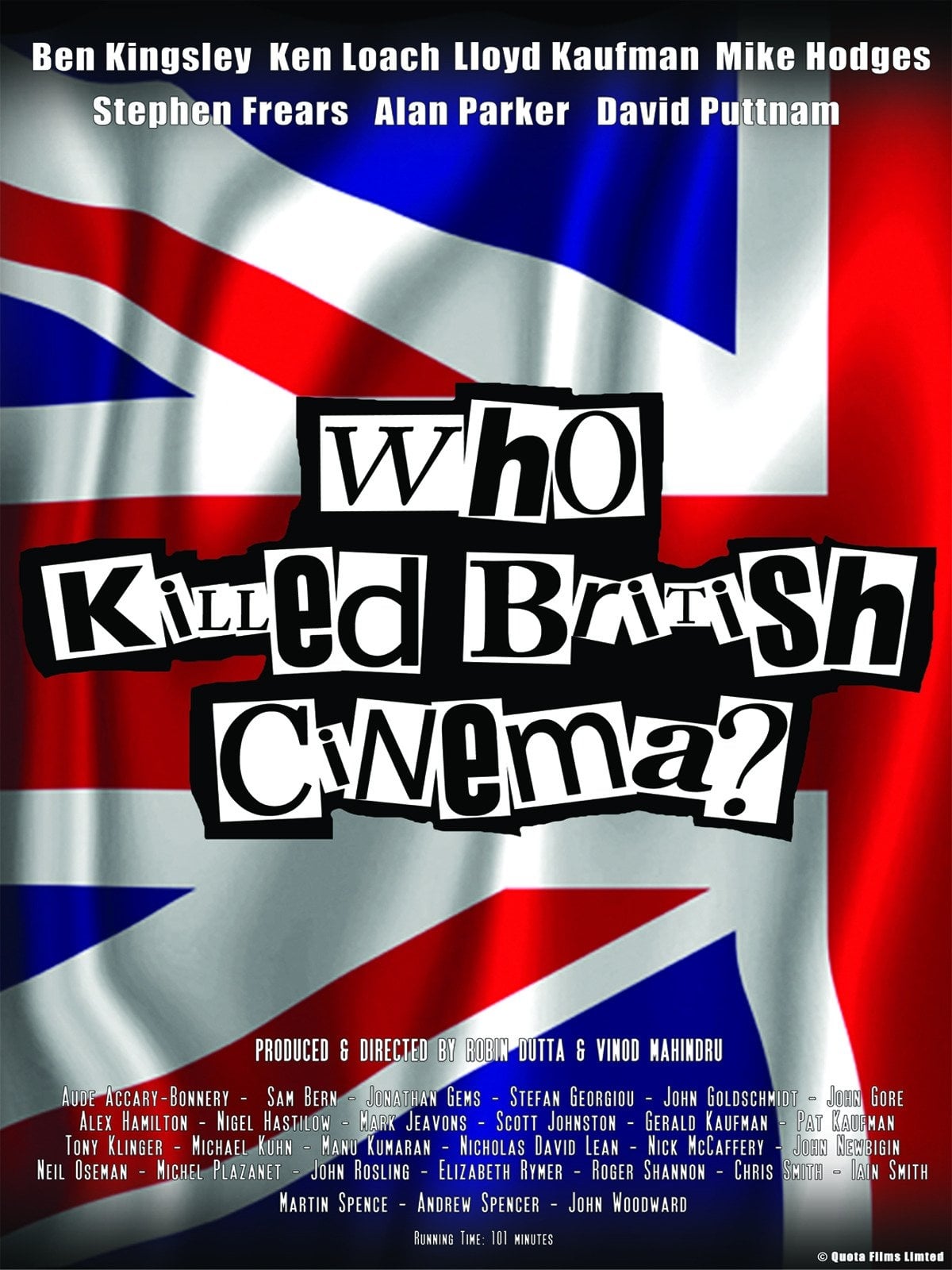
A feature length documentary about the real state of the British film industry in relation to UK structures past, present and currently for the future. This film exposes the shocking truths about the UK Governments' will to grow an indigenous British film industry, the legacy and testament of the now closed UK Film Council (UKFC), the current British Film Institute and the new Creative England.
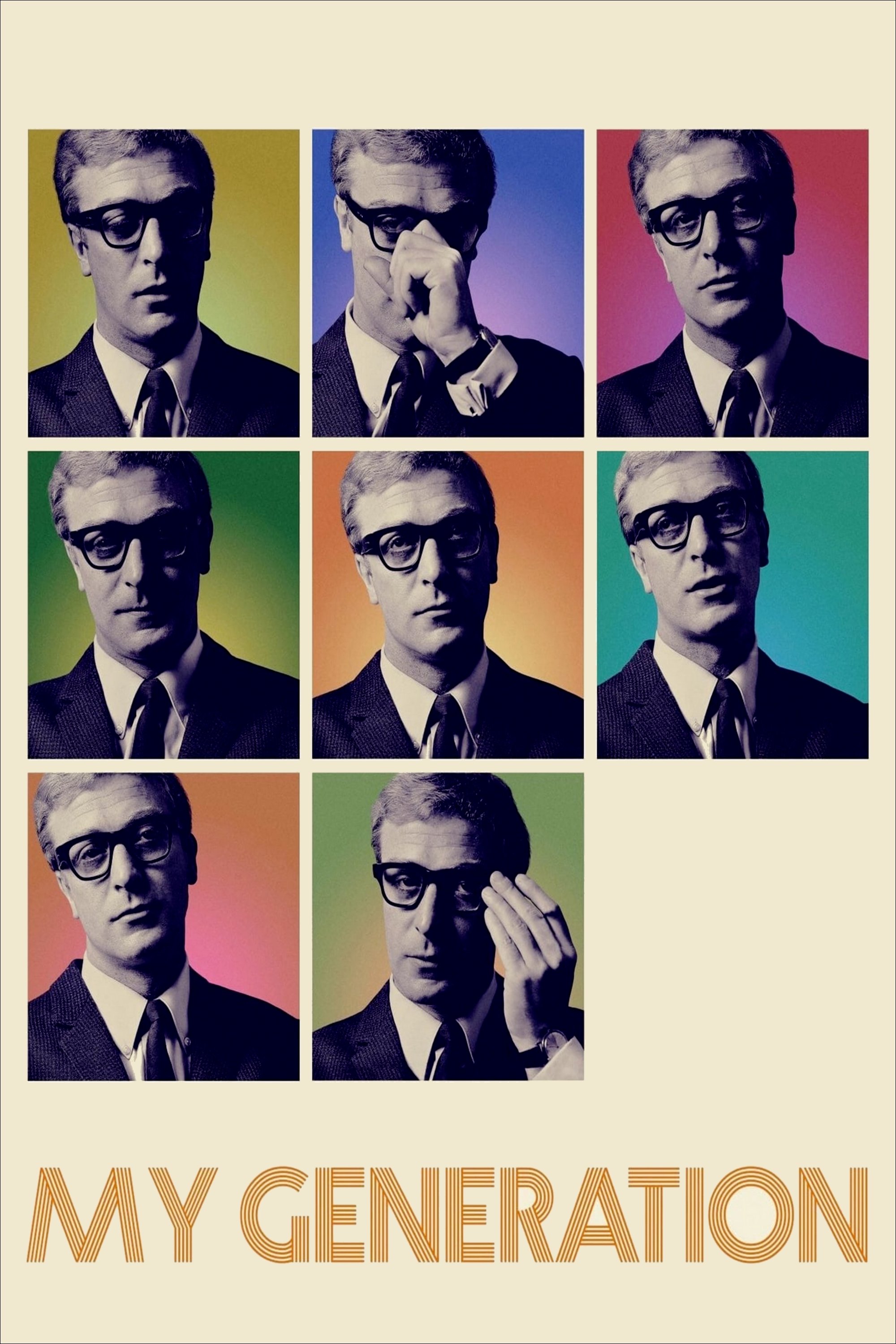
The vivid and inspiring story of British film icon Michael Caine's personal journey through 1960s swinging London.
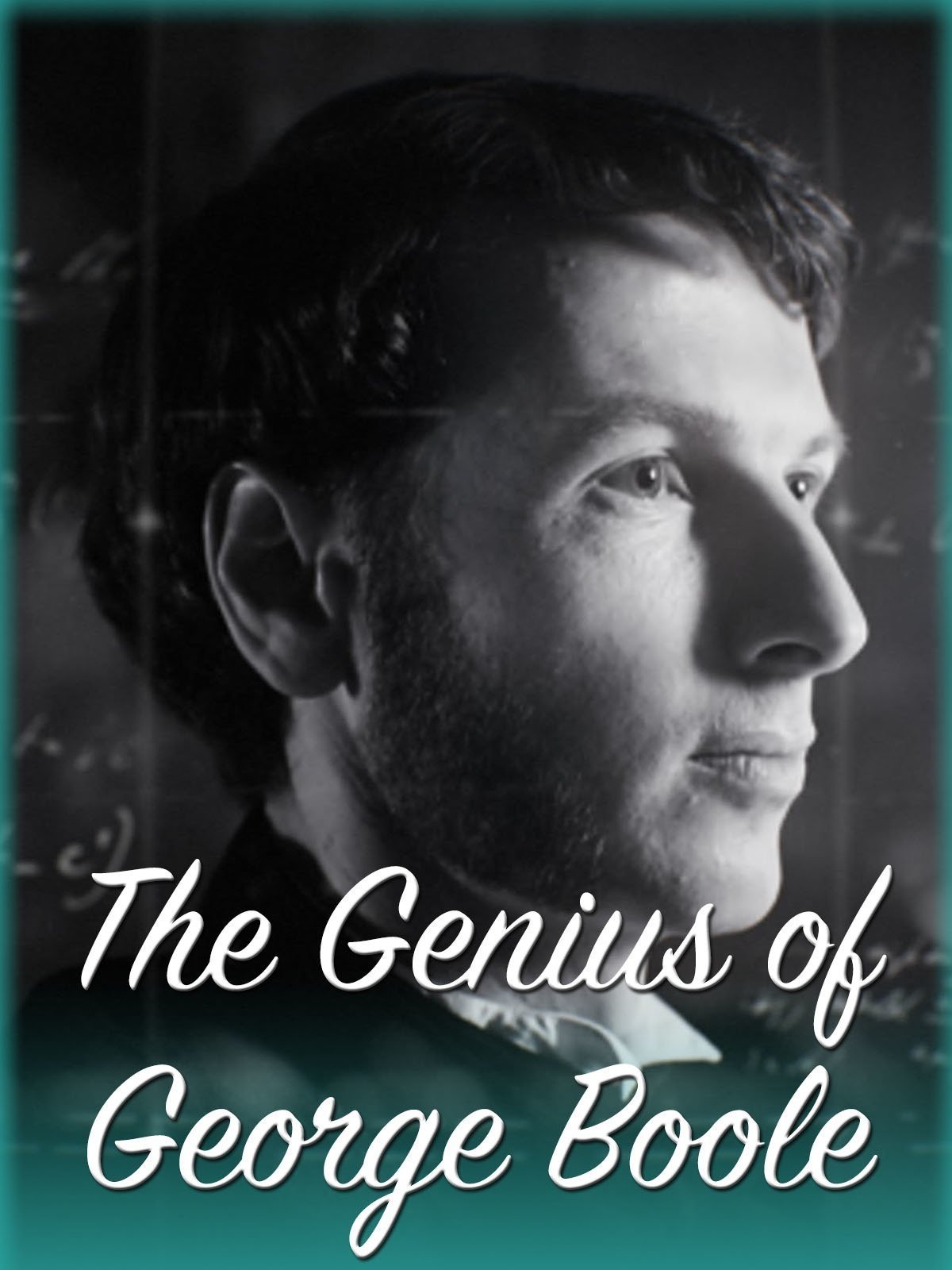
Narrated by Oscar-winning actor Jeremy Irons, The Genius of George Boole assembles academics and industry leaders from across the globe to explore the life and importance of one of the world’s greatest unsung heroes.
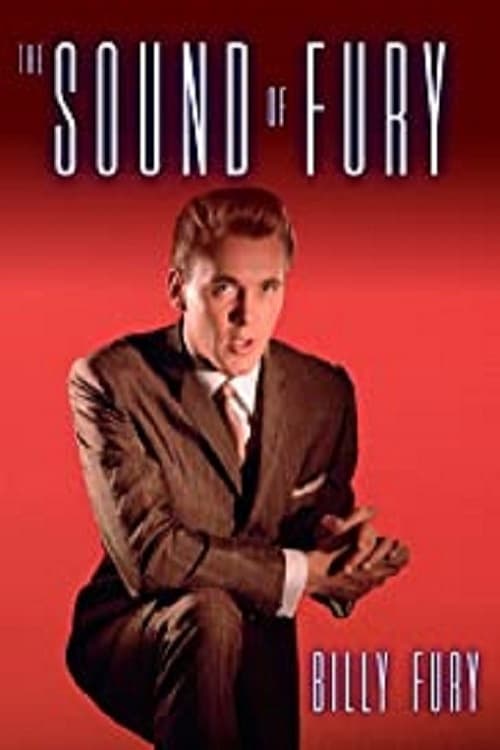
Billy Fury became an overnight sensation in the 1950`s and The Sound of Fury album, a landmark in British Rock & Roll history. This the story of Billy Fury and how his Sound of Fury album is now seen by many as the high water-mark of British Rock and Roll. Shot entirely in HD with unique and unseen archive and photos, this music documentary highlights Fury`s contribution to popular music and the reason why Britain`s original teen idol had more Top 40 hits than the Beatles during the 1960`s. Featuring exclusive home movie footage and interviews with Lord Puttnam, Amanda Barrie, Imelda May, Vince Eager, Len Goodman, Clem Cattini, Boz Boorer, Spencer Leigh, Billy`s mum, Jean Wycherley and many more; this is a must-see for Billy Fury and music lovers alike.

The life story of the film director, movie star and industry figure who furthered the cause of cinema: Lord Richard Attenborough.
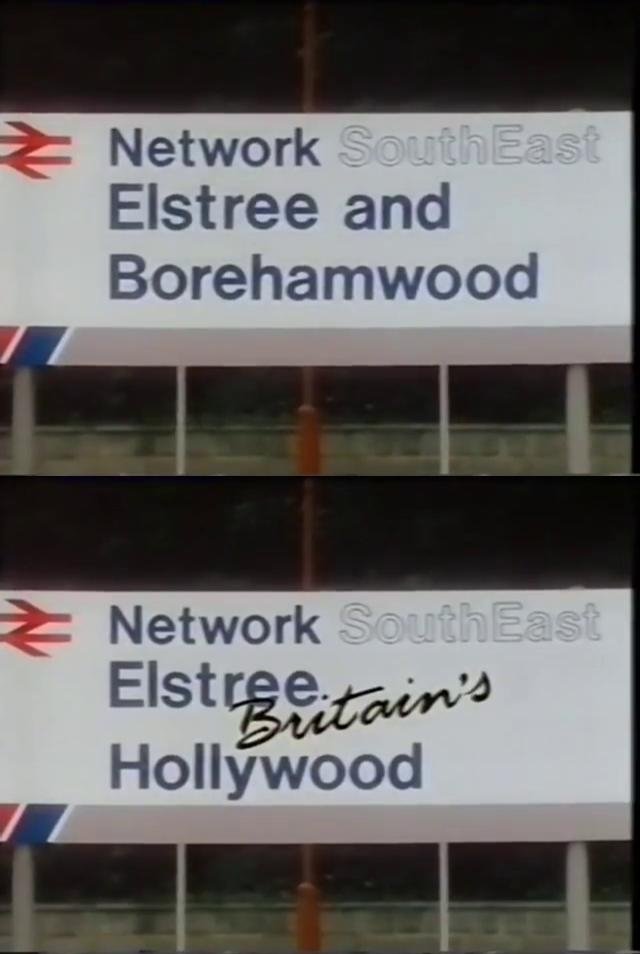
Two-part documentary celebrating the 75th anniversary of what was once the biggest film production centre outside Hollywood: Elstree.
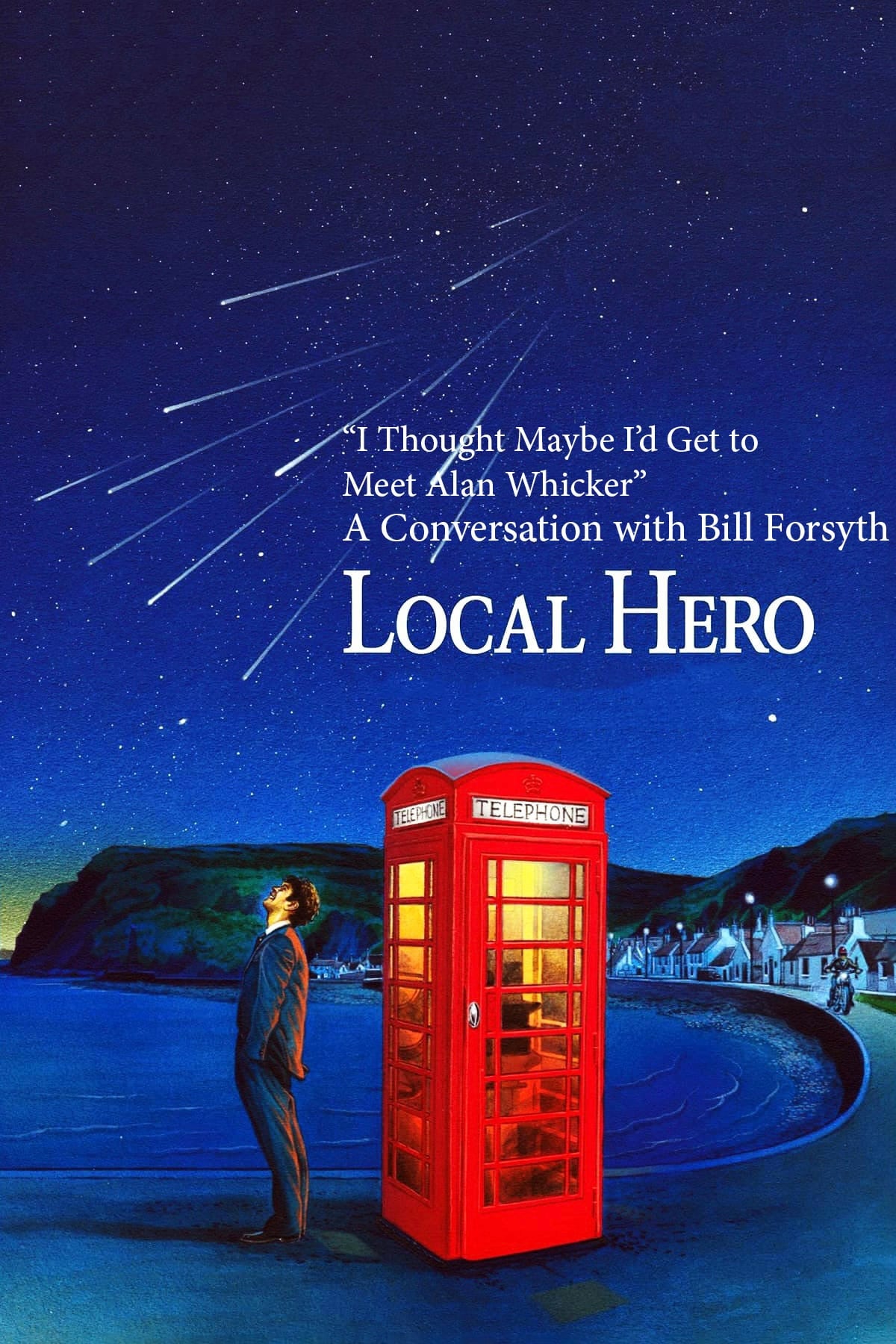
An interview for Scottish television of film director Bill Forsyth
David Terence Puttnam, Baron Puttnam, CBE, HonFRSA, HonFRPS, MRIA (born 25 February 1941) is a British-Irish film producer, educator, environmentalist and former member of the House of Lords. His productions include Chariots of Fire, which won the Academy Award for Best Picture, The Mission, The Killing Fields, Local Hero, Midnight Express and Memphis Belle. In 1982, he received the BAFTA for Outstanding British Contribution to Cinema, and in 2006 he was awarded the BAFTA Fellowship for lifetime achievement from the British Academy of Film and Television Arts. Puttnam sat on the Labour benches in the House of Lords, although he was not principally a politician. In 2019 he was appointed chair to the select committee on democracy and digital technologies. The committee published its findings in its Digital Technology & the Resurrection of Trust report in June 2020. Puttnam was born in Southgate, London, England, the son of Marie Beatrix, a housewife of Jewish origin, and Leonard Arthur Puttnam, a photographer. Educated at Minchenden Grammar School in London, Puttnam had an early career in advertising, including five formative years at Collett Dickenson Pearce, and as agent acting for the photographers David Bailey and Brian Duffy. Puttnam turned to film production in the late 1960s, working with Sanford Lieberson's production company Goodtimes Enterprises. The first feature he produced was Melody (1971), based on a script by Alan Parker and which was a minor hit. Puttnam and Lieberson produced the documentaries Peacemaking 1919 (1971), Glastonbury Fayre (1972), and Bringing It All Back Home (1972). Their second film, The Pied Piper (1972), directed by Jacques Demy was not a success, but That'll Be the Day (1973) with David Essex proved a hit. Puttnam and Lieberson went on to produce The Final Programme (1973), a science fiction film, and made some more documentaries, these being Double Headed Eagle: Hitler's Rise to Power 1918–1933 (1973) and Swastika (1974). Puttnam and Lieberson executive-produced the Ken Russell biopic Mahler (1974), and did a sequel to That'll Be The Day, entitled Stardust (1974) and directed by Michael Apted. There were more documentaries: Radio Wonderful (1974), Brother, Can You Spare a Dime? (1975), James Dean: The First American Teenager (1975) and The Memory of Justice (1976). A second film with Russell, Lisztomania (1975), was a box office disaster and led to the end of the Puttnam-Lieberson partnership. Puttnam had a box office success with Bugsy Malone (1976), a musical he executive-produced, written and directed by Alan Parker, and produced by Alan Marshall. It was the last film Puttnam would make under the 'Goodtimes' banner. He went on to set up a new company, Enigma Films. Puttnam produced The Duellists (1977), the directorial debut of Ridley Scott; and with Marshall once more, he produced Midnight Express (1978), directed by Parker from a script by Oliver Stone, and which was a notable box office success. Puttnam made his first film in America, Foxes (1980), itself the directorial debut of Adrian Lyne. It was a box office flop. ... Source: Article "David Puttnam" from Wikipedia in English, licensed under CC-BY-SA 3.0.
By browsing this website, you accept our cookies policy.